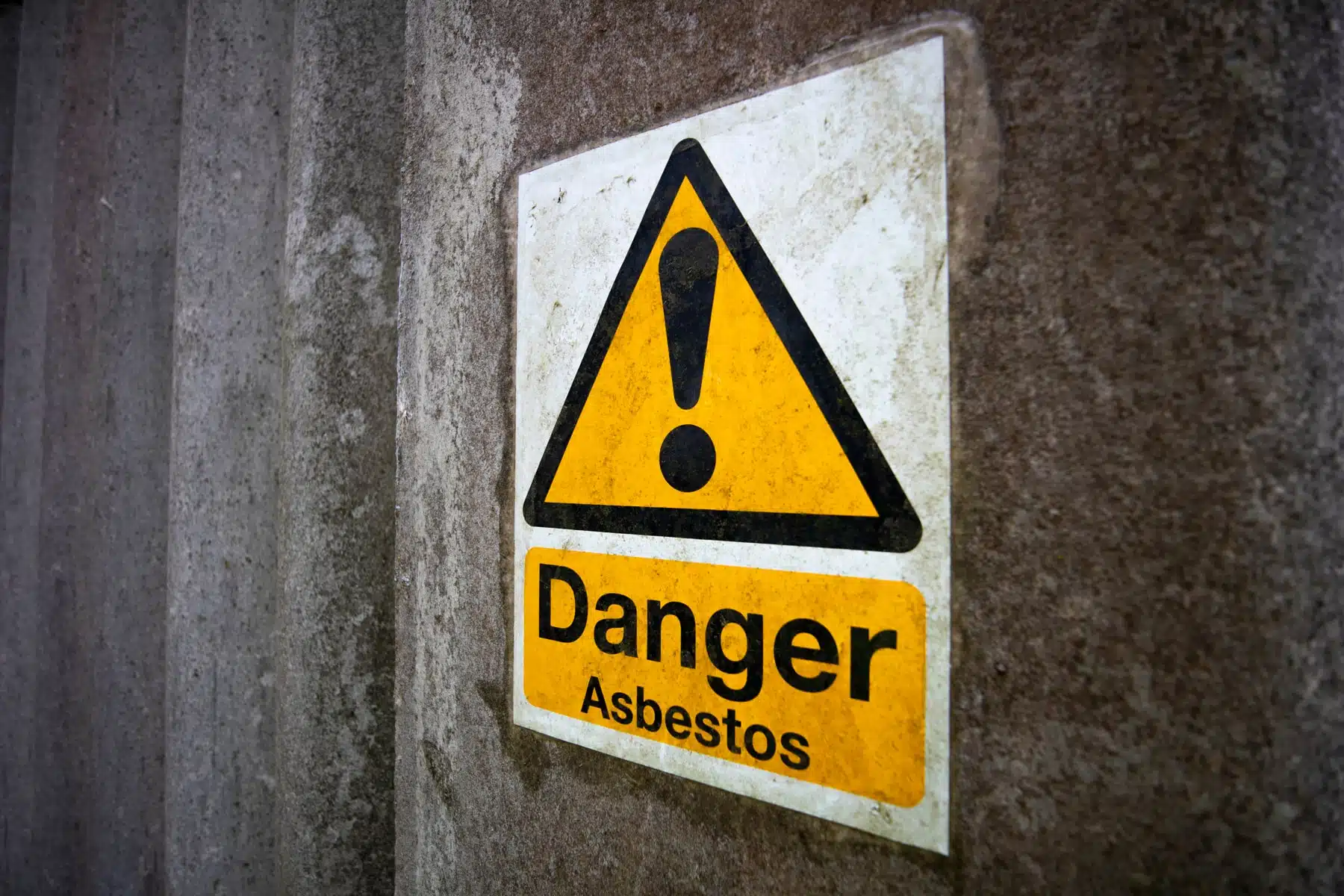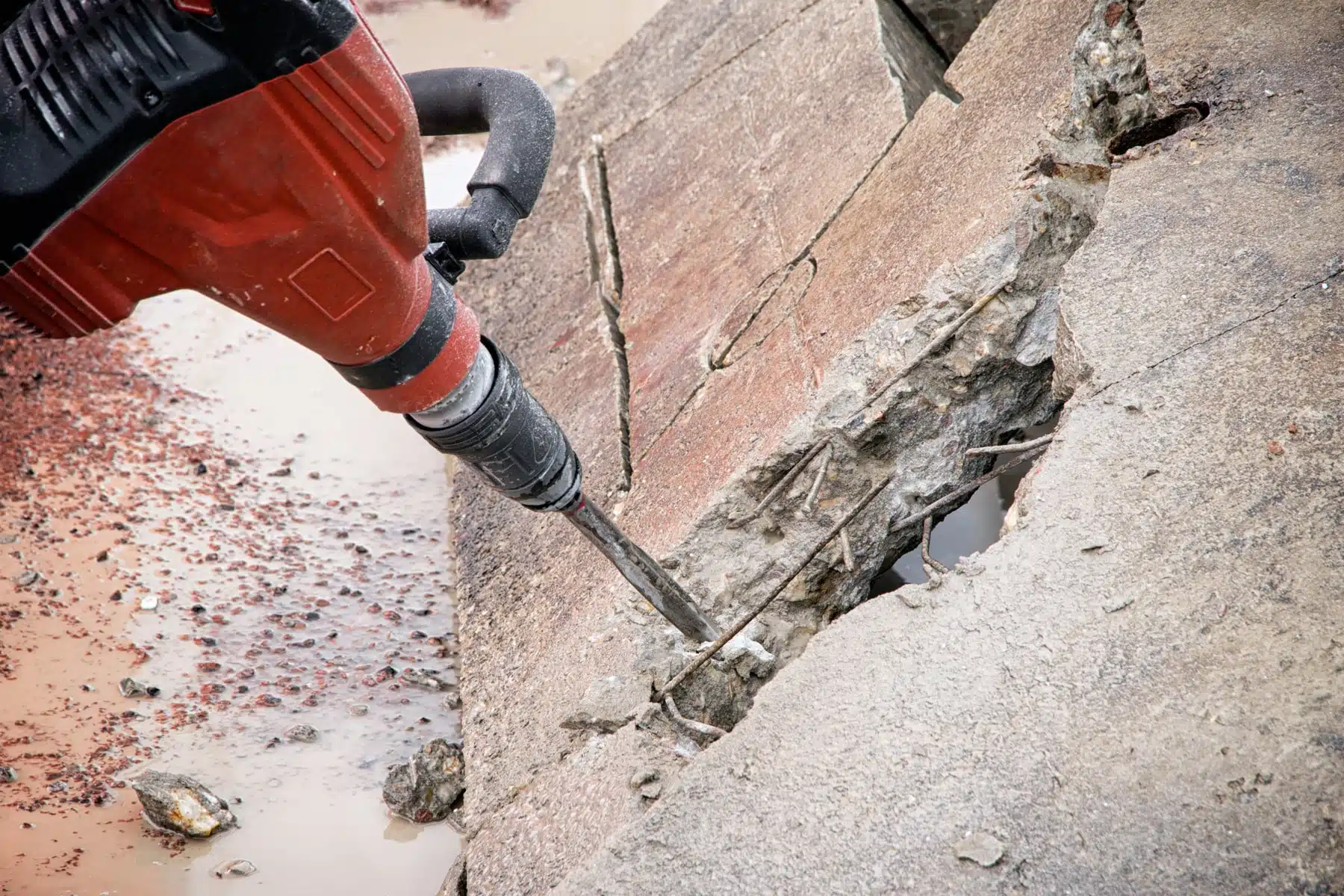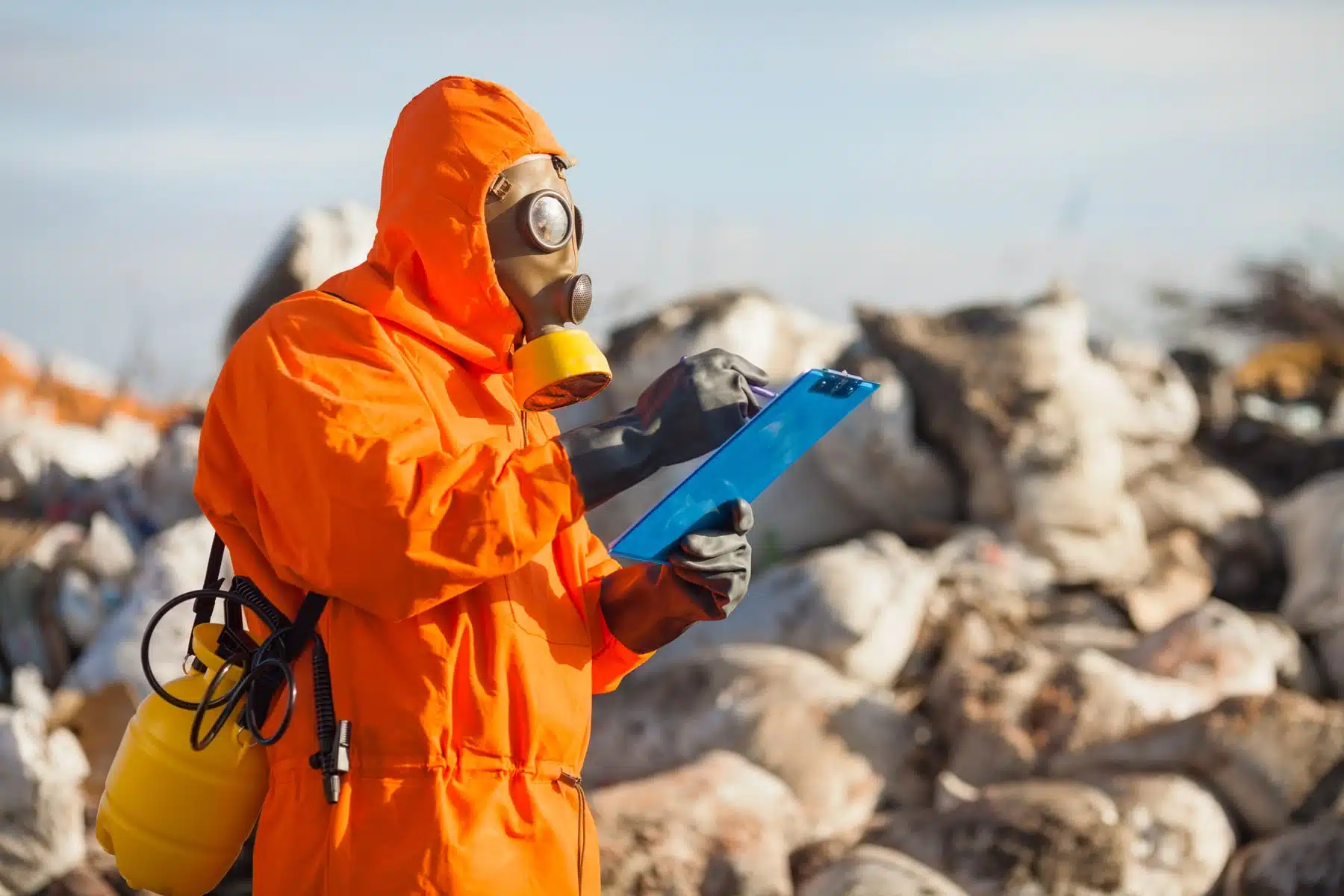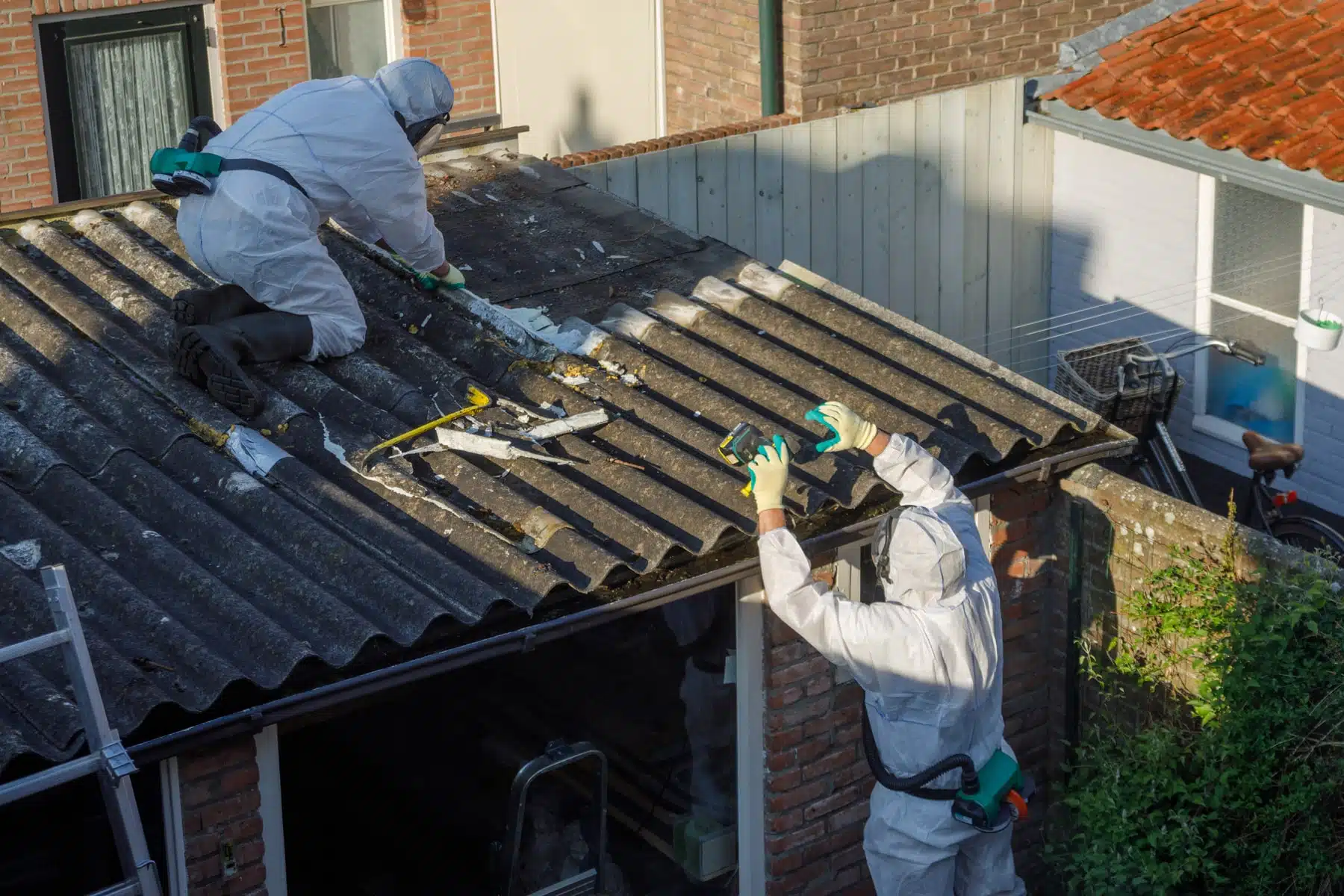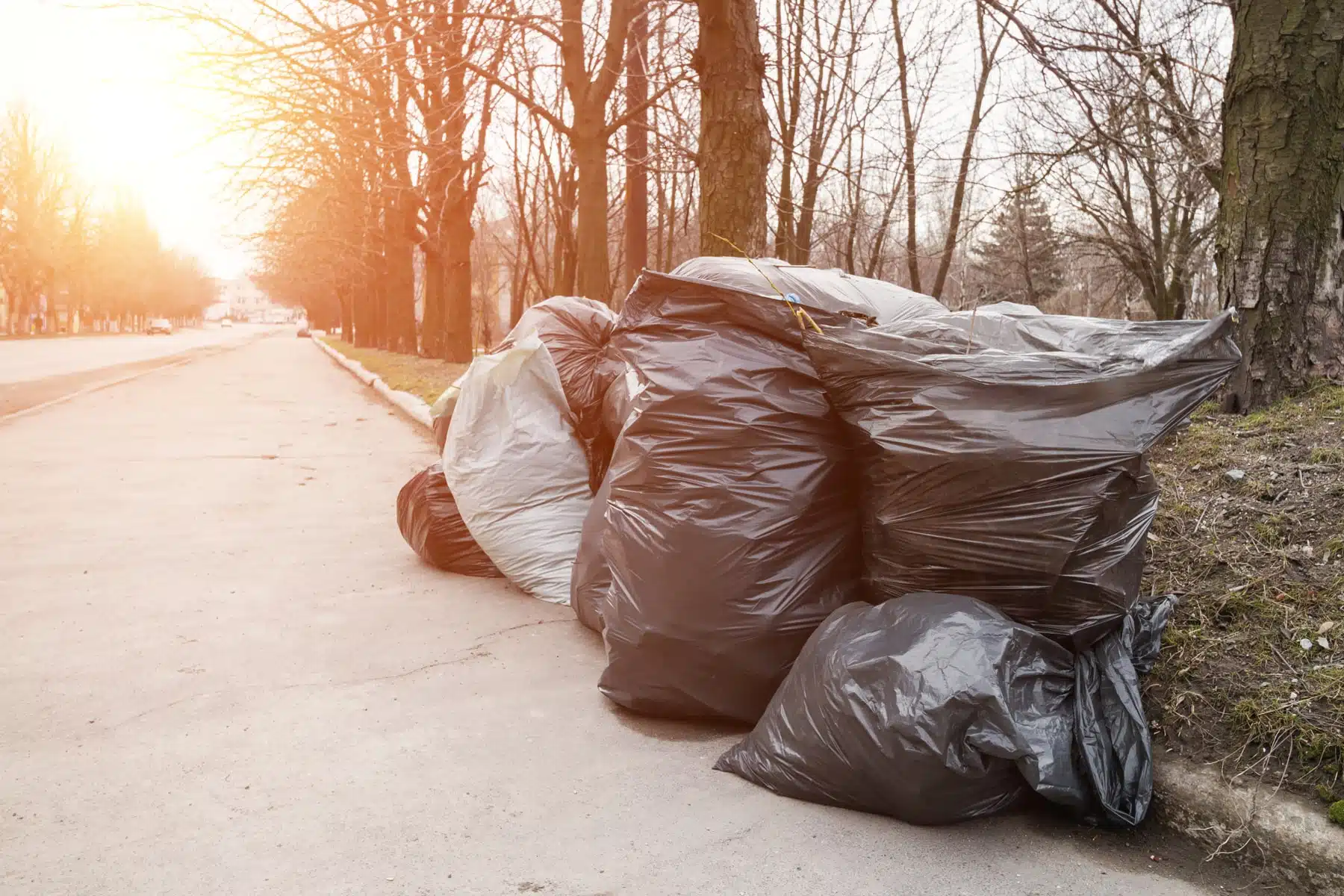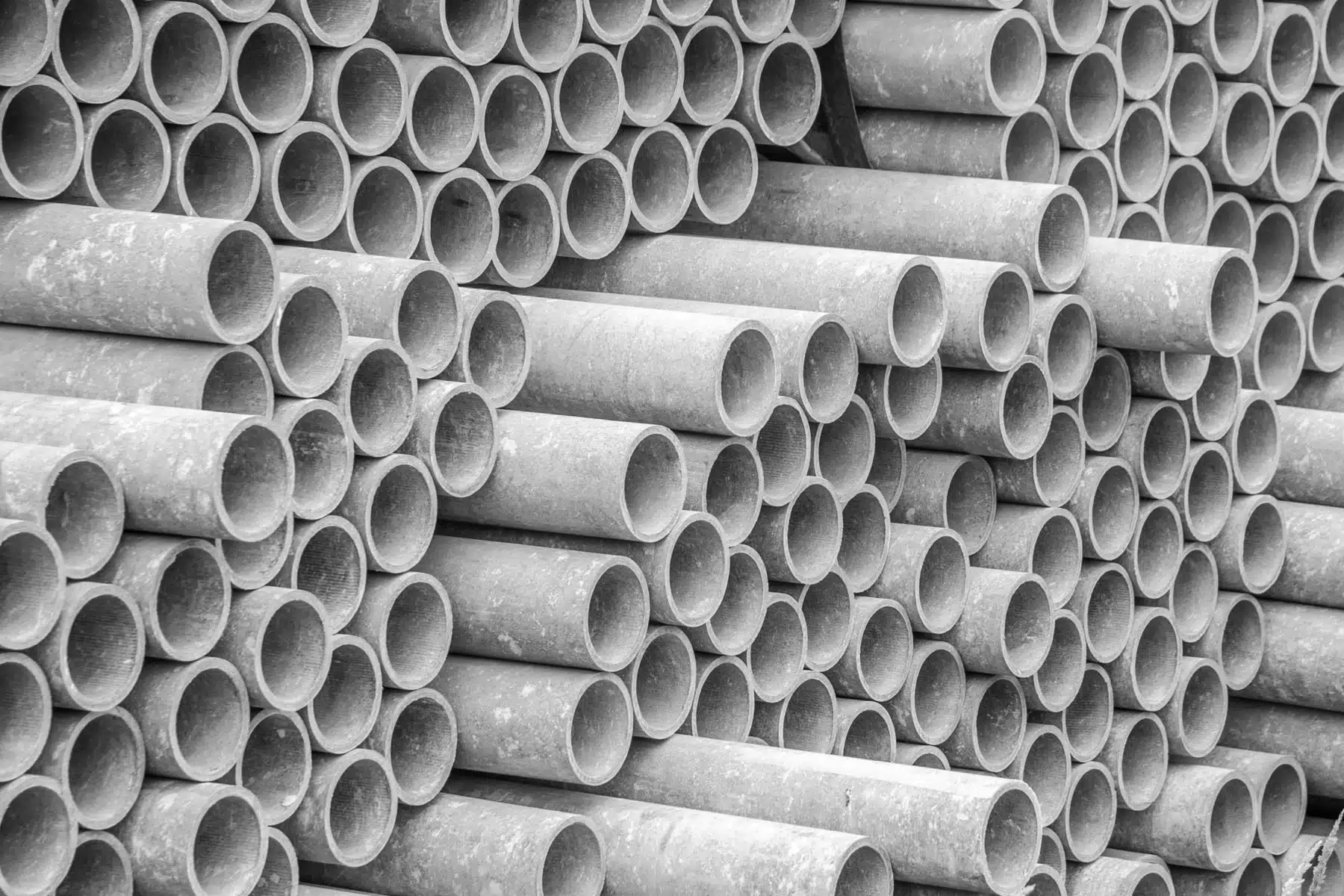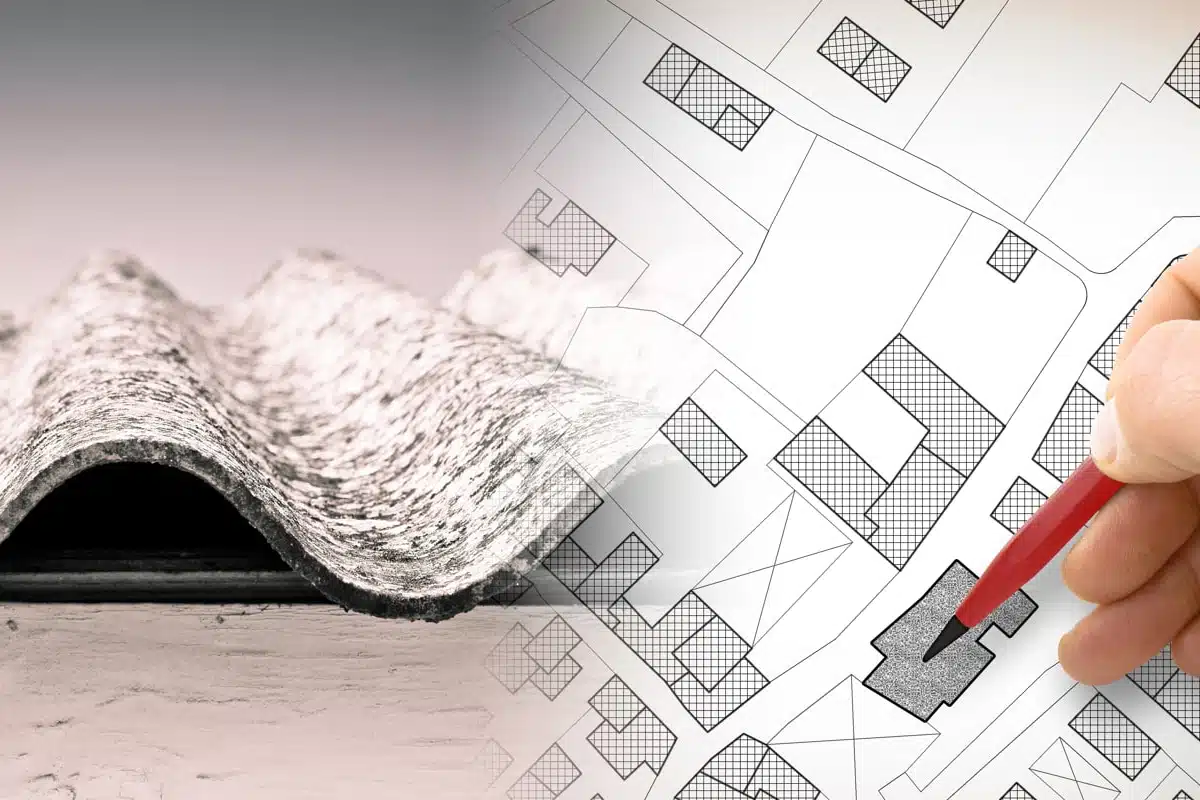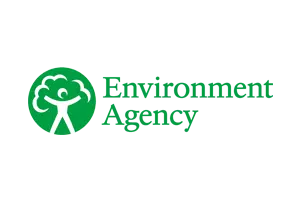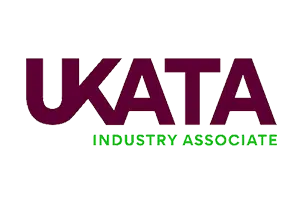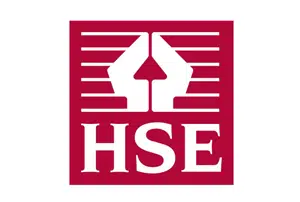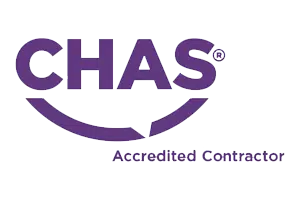Frequently asked asbestos questions
Yes, there are different types of asbestos surveys, including management surveys, refurbishment and demolition surveys, and re-inspection surveys.
Each type of survey is designed to address specific needs and requirements. Management surveys are for regular monitoring and management, Refurbishment and demolition surveys are for buildings that are going to be refurbished or demolished and re-inspection surveys are to check if the asbestos is still in good condition or not.
Yes, asbestos can be safely removed from a building by using a trained and certified asbestos specialist. The control measures harnessed will depend on the type and risk level of the material.
As long as the asbestos-containing materials (ACMs) are in good condition and not disturbed, it is generally safe to live in a building that contains asbestos. However, if the ACMs are damaged or exposed, it may be necessary to remove or encapsulate them to minimise the risk of exposure.
If asbestos is found in your building, it’s important to follow the recommendations provided in the asbestos survey report. This may include managing the asbestos-containing materials to minimise the risk of exposure. Such as encapsulation or removal. However, if refurbishment work was planned that may disturb the material it is imperative to have the material removed prior to commencing the renovations.
A professional asbestos survey is the only way to confirm the presence of asbestos in a building. A visual inspection and sample collection is typically conducted to identify asbestos-containing materials (ACMs).
It is not recommended to conduct an asbestos survey yourself as it requires specialised knowledge and training to safely identify and handle asbestos-containing materials. It is best to hire a qualified asbestos surveyor who is trained and certified to conduct the survey.
This is a short term management strategy. However, do make sure that asbestos is not damaged in the process of painting or covering up the material.
It should also be noted, that if asbestos is covered up, you have a legal obligation to inform the next owner that asbestos has been hidden or enclosed.
The time it takes to complete an asbestos survey can vary depending on the size and complexity of the building.
A small residential property may only take a few hours, while a large commercial building could take several days.
Exposure to asbestos fibers can cause serious health problems, including lung cancer, mesothelioma, and asbestosis. However, these health problems usually take 20 Years or more to show signs of health problems.
Asbestos surveys are legally required for commercial and industrial buildings, schools, hospitals and multi unit residential properties.
However, it is recommended that asbestos surveys are commissioned before buying a property, to protect you against the health and financial risks associated with the material.
A re-inspection survey to monitor the condition of the material should be carried out every 12 months to stay compliant with health and safety regulations. This is to make sure that the asbestos material does not present a risk to health and safety. If the material has sustained damage, it should be removed immediately.
If asbestos is found during a home inspection, the inspector will typically provide a report detailing the location and condition of the asbestos-containing materials (ACMs). The report will also include recommendations for managing the ACMs to minimise the risk of exposure.
Asbestos was widely used in building materials from the 1950-2000. Therefore if the house was built during this time, or had work carried out during the time, it will likely have some asbestos materials present within the building.
The persons in the premises should vacate for health and safety reasons. However, if this is not practical, we will simply ask them to leave the room momentarily when we obtain a sample of a suspicious material.
This protects the persons against unnecessary exposure.
It is the responsibility of the ‘duty holder’ to identify and manage asbestos-containing materials asbestos in their building. This is typically whoever is contractually liable for the maintenance of the building.
It is not compulsory to conduct an asbestos survey before buying a property, but it is highly recommended. Asbestos can be present in many building materials and can pose a significant health risk if it is disturbed.
Conducting an asbestos survey before purchasing will allow the buyer to understand the full extent of removal and remedial costs. Providing financial peace of mind.
An asbestos survey typically involves a visual inspection of a building’s accessible areas and a sample collection of materials that are suspected of containing asbestos. The samples are then analysed in a laboratory to check for the presence of asbestos.
This information is compiled into a comprehensive report, including photos of all asbestos materials. Each material is given a score level, which measures the risk the material presents to health and safety. Then recommendations are given on each material advising the best next steps.
It is not safe to remove asbestos yourself as it requires specialised knowledge and training to safely handle asbestos-containing materials. It is a sensible idea to hire a professional asbestos contractor who’s trained and certified to safely remove asbestos. Furthermore, they are insured encase problems arise following the removal.
Asbestos was widely used in building materials from 1950 – 2000, as it offered fire resistance and strength properties. Therefore, it can be present in various types of materials in the home.
Asbestos fibres are not visible to the naked eye and cannot be detected by smell or taste. A professional asbestos survey is required to confirm the presence of asbestos. You should NEVER touch or ingest anything you suspect to be asbestos.
An asbestos survey is an inspection of a building or property to identify the presence of asbestos-containing materials (ACMs). It is important because asbestos can cause serious health problems if it is disturbed and the fibres become airborne.
The length of time it takes to prepare and return a report is typically 3 working days. However, if a property is larger, this may take more time to prepare.
It should also be noted, if no suspicious materials were identified on the survey, no samples were taken. We could return the report the same day in this case.
To ensure the safety of the occupants, we would ask for all occupants to leave the property whilst we carry out a survey. However, if this is not possible. When we wish to obtain a sample of a suspicious material, we will ask the occupants to leave the room for the moment when we obtain a sample. This way, we can protect the persons from exposure.
An asbestos survey will identify the asbestos-containing materials that are accessible and visible during the survey. However, it is not possible to guarantee that all asbestos has been identified. This is an industry norm, due to professional indemnity insurance limitations.
If asbestos is found during a survey, the asbestos surveyor will provide a report detailing the location and condition of the asbestos-containing materials (ACMs). The report will also include recommendations for managing the ACMs to minimise the risk of exposure.
Around the clock support
Fast response time
Operating 7 days a week

